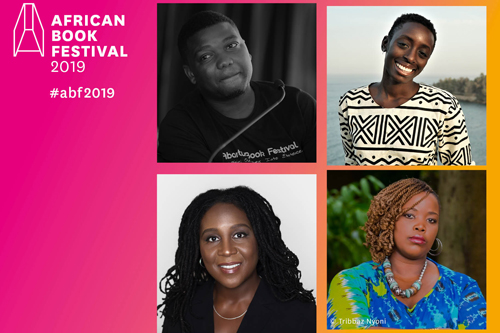Afrika wurde im Zuge des Kolonialismus als Gegenpol zu Europa konstruiert. In einem System, das Europa mit Zivilisation, Fortschritt und Entwicklung verband und Afrika gleichzeitig als Kontinent ohne Geschichte darstellte, wurde der Globale Süden zur Metapher für alles Dunkle und Negative.
Aufgezwungene Stereotype und Negativität stellen Autor*innen vor kritische Entscheidungen in Bezug auf das Afrika, das sie beschreiben möchten, denn Katastrophen, Probleme und Konflikte sind für Lesepublikum und Verleger*innen möglicherweise vertrauter und ansprechender als die Aneignung und Rekonstruktion afrikanischer Geschichte. Beschäftigen sich Autor*innen mit diesem historischen Erbe und wenn ja, auf welche Weise?
WRITING BEYOND HISTORY
Colonialism framed Africa as Europe’s antithesis in a binary system that glorified Europe as a synonym for civilisation, advancement and progress. Africa on the other hand was conceived as a continent without history and became a metaphor for everything dark and negative. This imposition of stereotypes and negativity confronts writers with critical choices concerning the Africa they want to convey, when disaster, problems and conflict might be more familiar and attractive to (Euro-American) reading audiences and publishers than the reclaiming and reconstruction of Africa’s stolen histories. To what extent and in what way do writers engage with the continent’s colonial heritage?
Panelists:
Ayesha Harruna Attah [Ghana/Senegal]
Thando Mgqolozana [South Africa]
Novuyo Rosa Tshuma [USA/ZIM]
Moderation: Clementine Burnley
